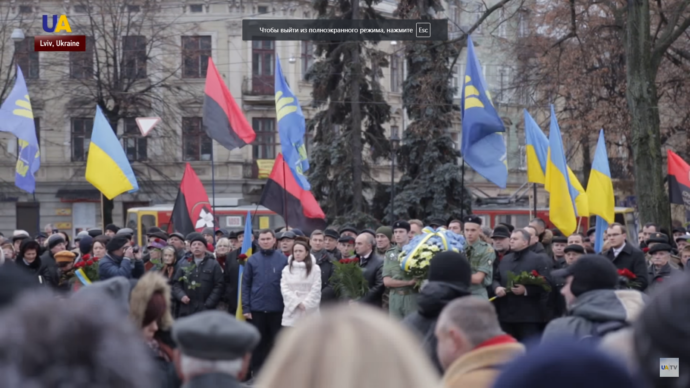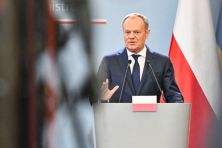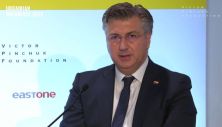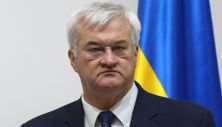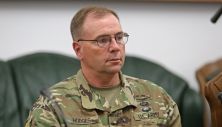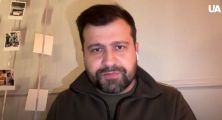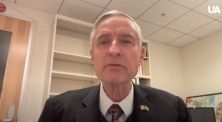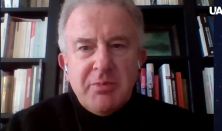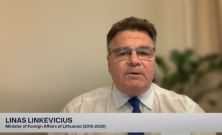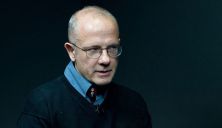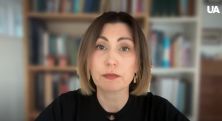In Lviv, people meet near the monument to Stepan Bandera every year on Jan. 1.
One of them was Stepan Hural, who is now 90. At the age of 15, he joined the ranks of the Ukrainian Insurgent Army and fought for an independent Ukraine, which seemed to be a dream back in 1943.
“I suffered cerebral contusion. Two meters of soil covered me. Not only me, but there were also many of us. And two boys did not survive,” Hural said.
Hural remembered Ukraine’s independence proclamation in Lviv on June 30, 1941.
“There was an attempt to establish a state. The Ukrainian state was proclaimed in Lviv – here near the opera house. It was like a rebirth from under the ground. I thank God that he allowed me to live to this day and honor the memory of Stepan Bandera. Those ideas that were established by him at that time will exist for a very long time,” Hural said.
Bandera was one of the authors of the Ukrainian State Restoration Act. Historians consider its proclamation in June 1941 to be a great step towards the independence of Ukraine.
“Stepan Bandera said that the words “Glory to Ukraine!” would be heard from Galicia to the East. And we now hear that the Ukrainian military say ‘Glory to Ukraine!’ in all cities. Bandera fought for our great united state,” historian Yuriy Romanyshyn said.
The Organization of Ukrainian Nationalists – headed by Bandera – developed its network and started the liberation movement of Ukraine.
The Lviv Regional Council declared 2019 as the year of Bandera and the Organization of Ukrainian Nationalists.

